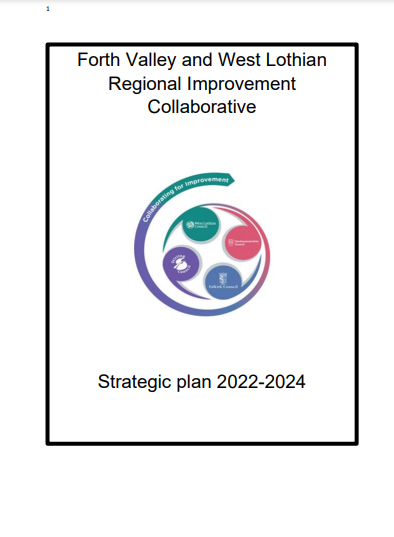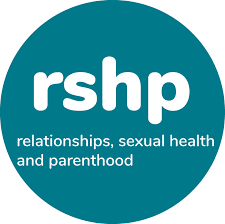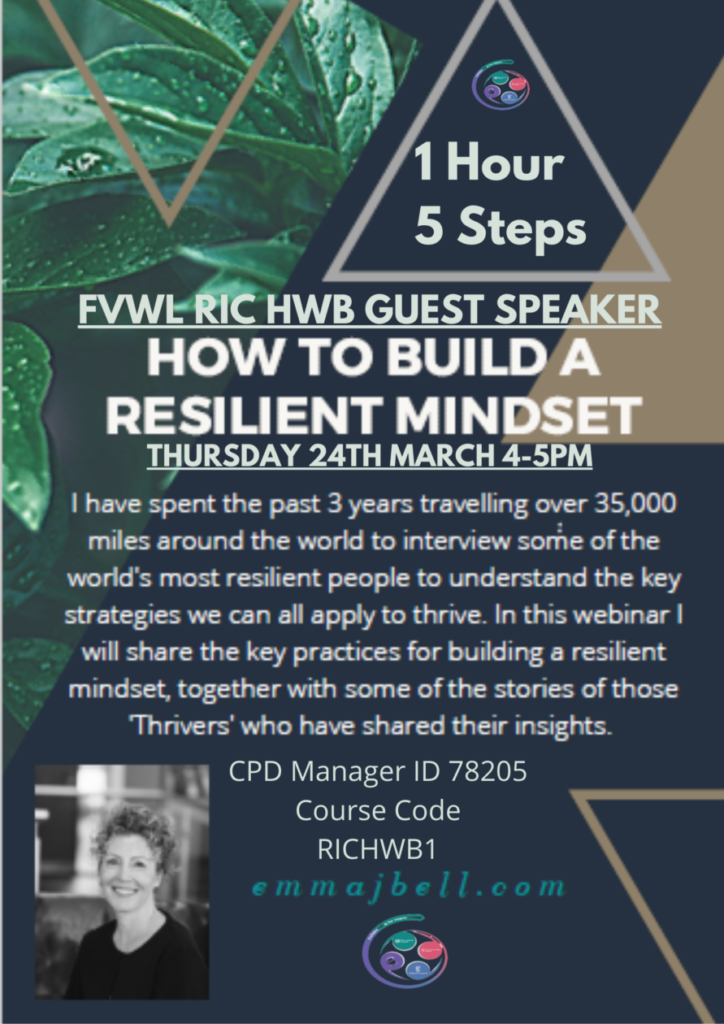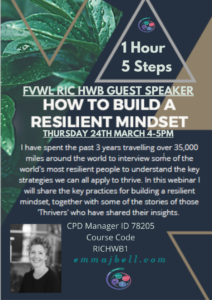Click here to access our FV&WL RIC Strategic Plan 2022-24
 Our FV&WL RIC aims to add value to the service our Local Authorities provide. Our role is to support our Local Authorities to enhance the educational experience and outcomes for all of our children and young people.
Our FV&WL RIC aims to add value to the service our Local Authorities provide. Our role is to support our Local Authorities to enhance the educational experience and outcomes for all of our children and young people.
Through collaborate collegiate working we can collectively:-
1. Better support the professional development of our practitioners through enhanced CLPL.
2. Build professional networks to allow our practitioners to collaborate and share best practice.
3. Provide opportunities to broaden and enhance curricular opportunities for all our children and young people.
Given the limited resources of our RIC, the main focus of our work will be targeted at those learners who are at the greatest disadvantage through circumstances such as poverty. It is hoped however, that by developing pedagogy and skills, and by building practice sharing networks that all learners in our RIC will benefit from improved pedagogy and broader curricular opportunities.
Our RIC therefore has the following specific aims over the course of this three year strategic plan:-
• To improve the quality of the learning pathways of learners affected by poverty
• To work collaboratively and proportionately to raise the attainment/achievement of
learners affected by poverty
• To facilitate support and professional development to support educational recovery
and accelerate progress.
Three over-arching themes set the focus and permeate our plan for 2022-24:
- Participation
- Wellbeing
- Equity & Inclusion
















